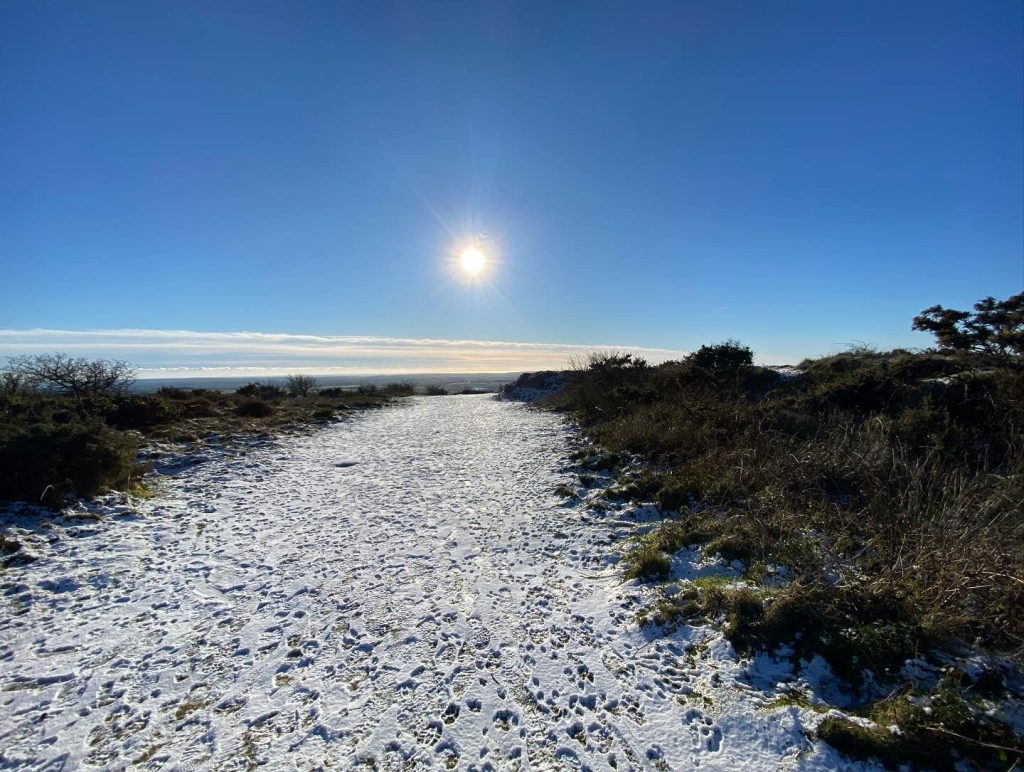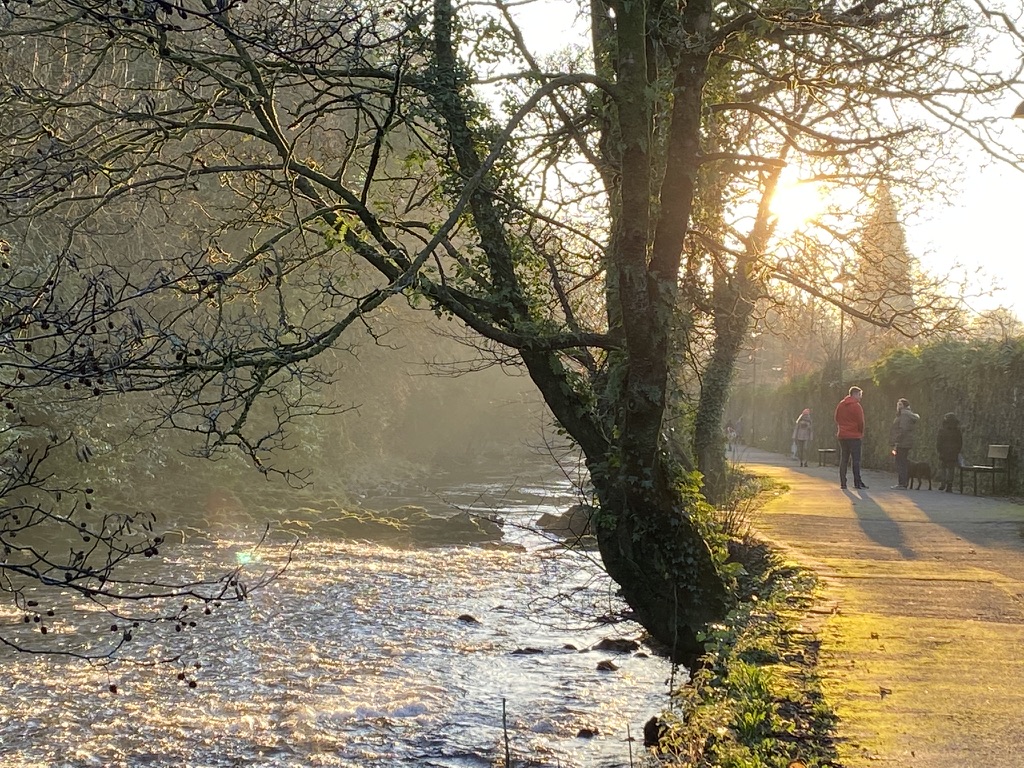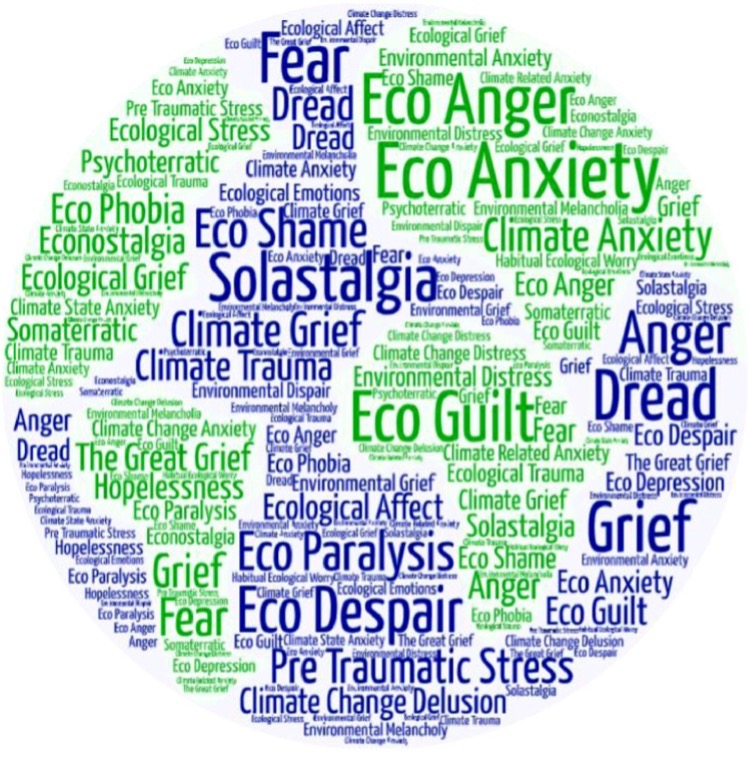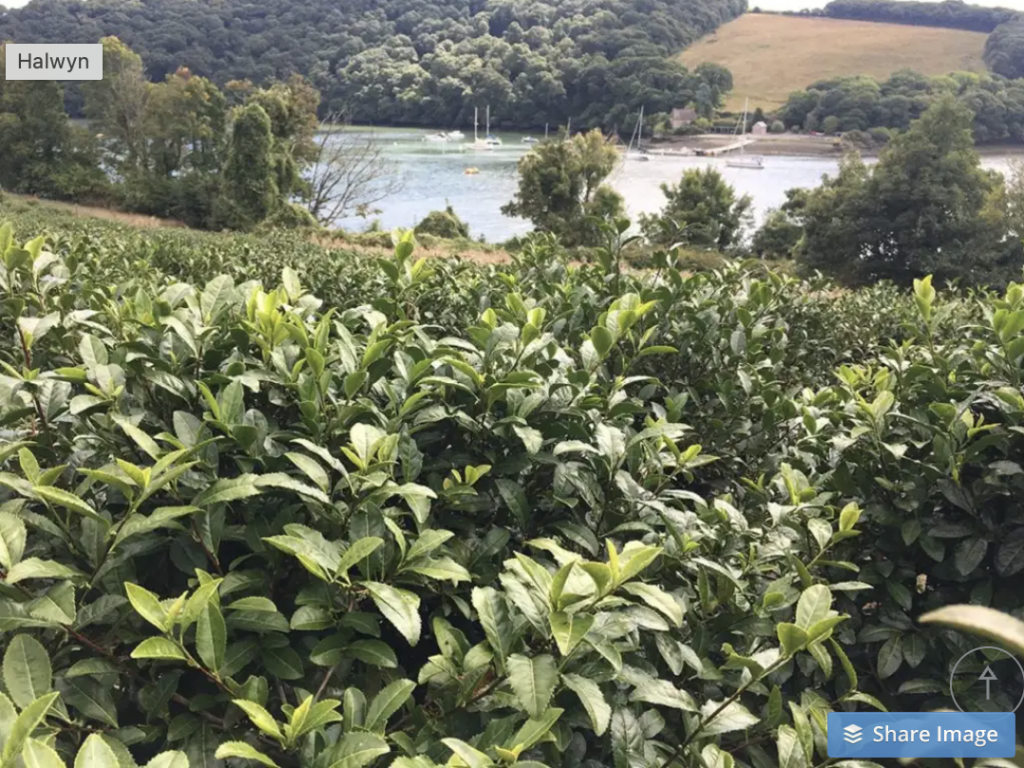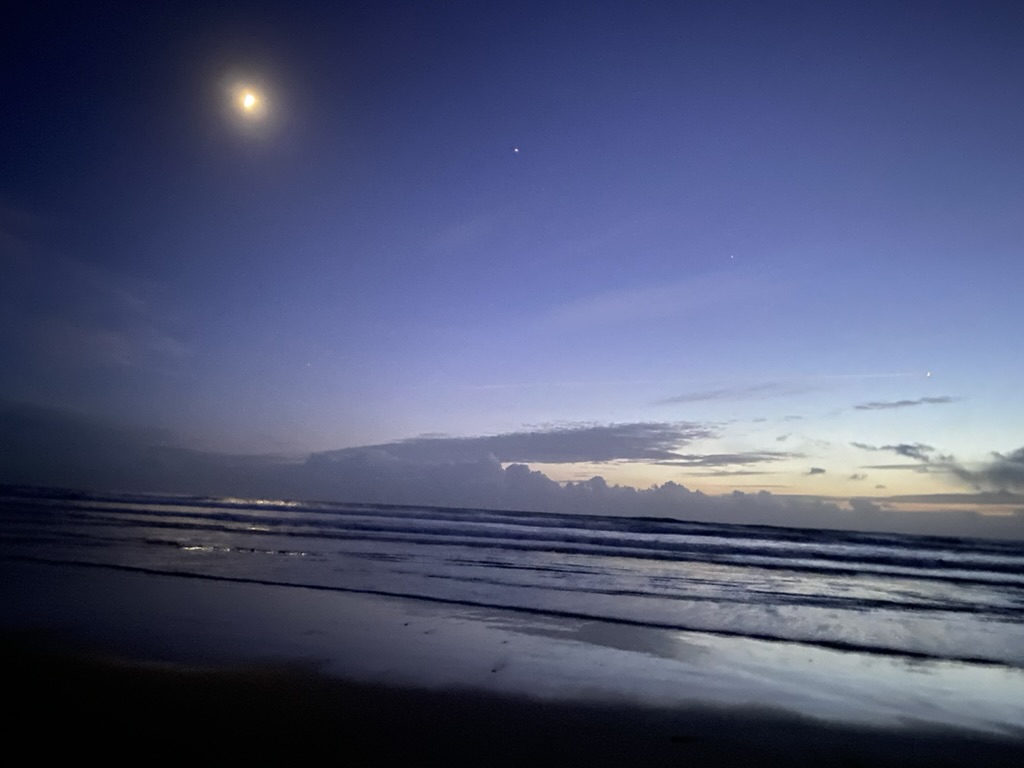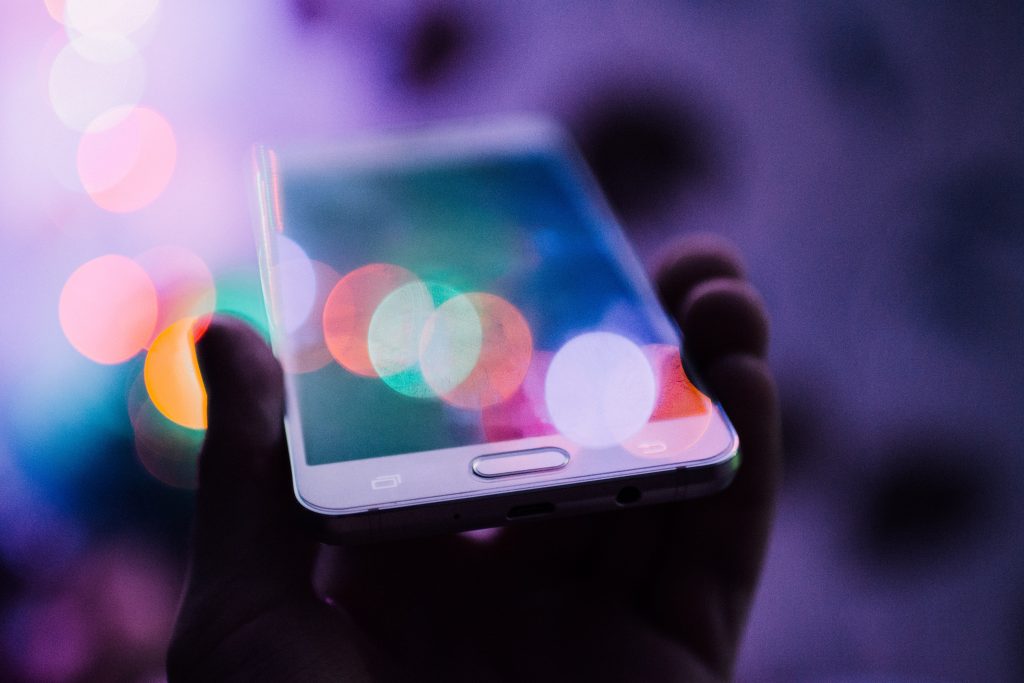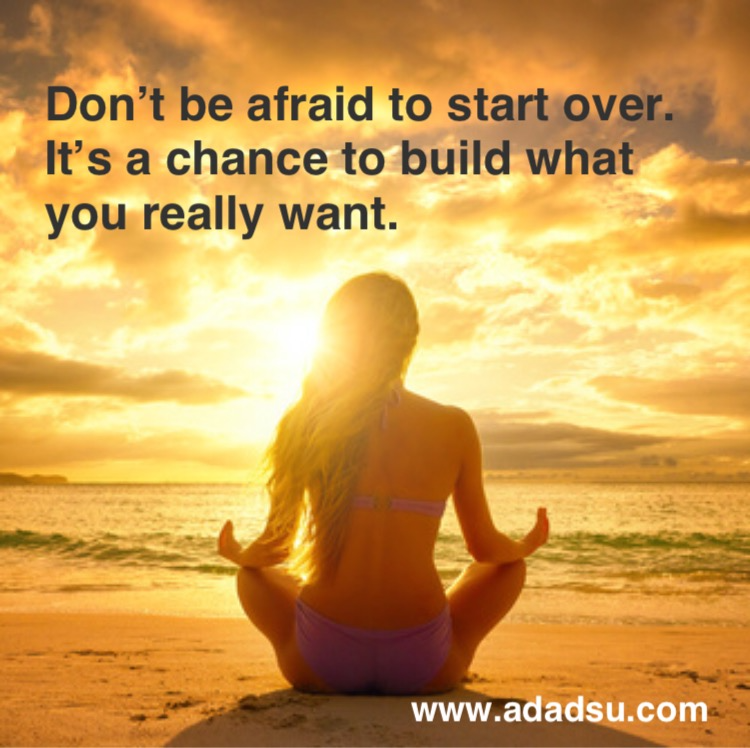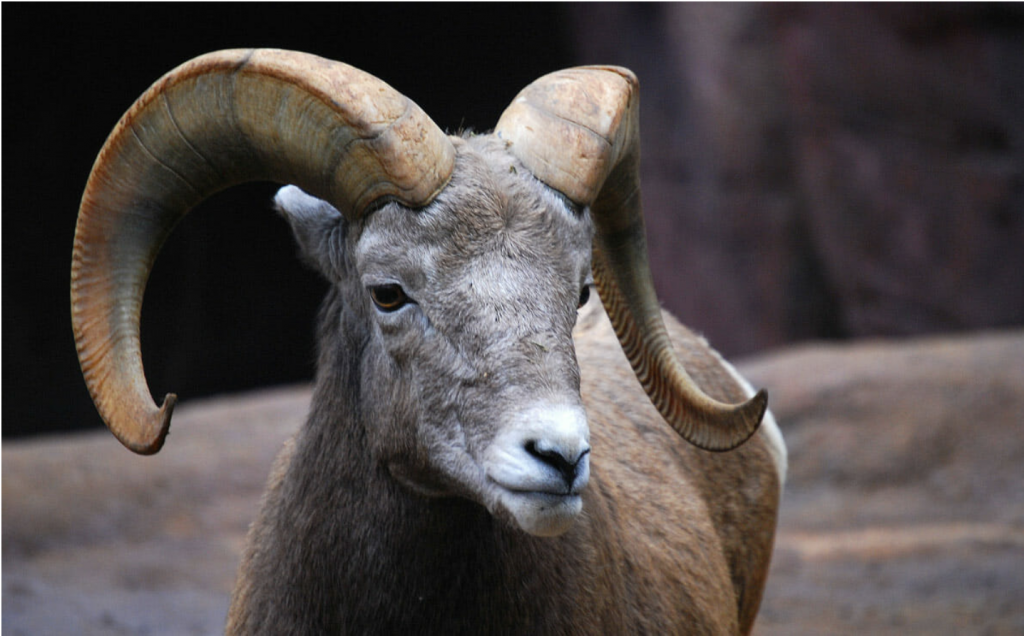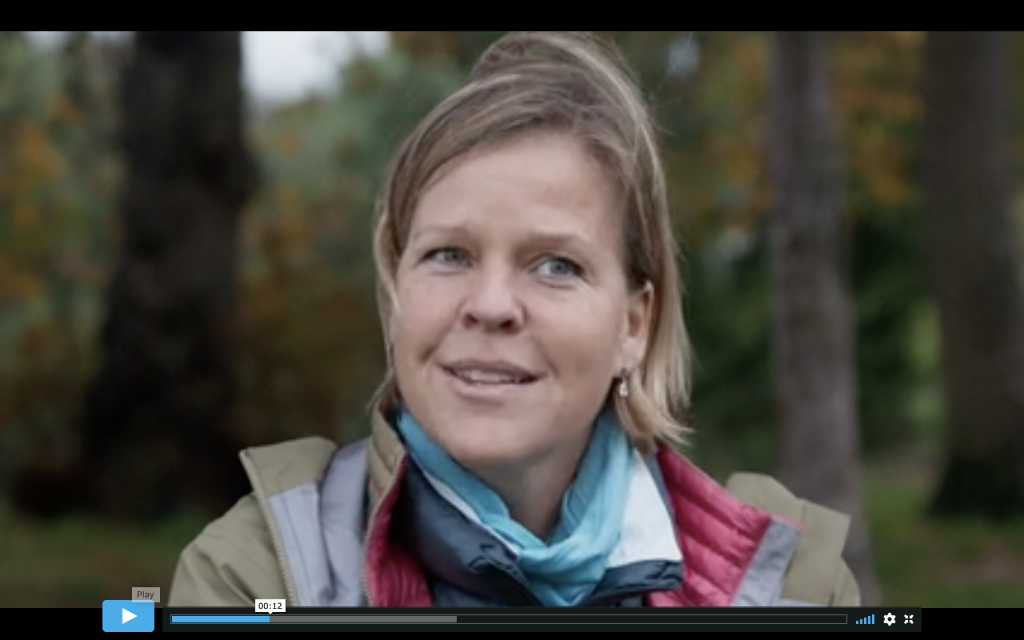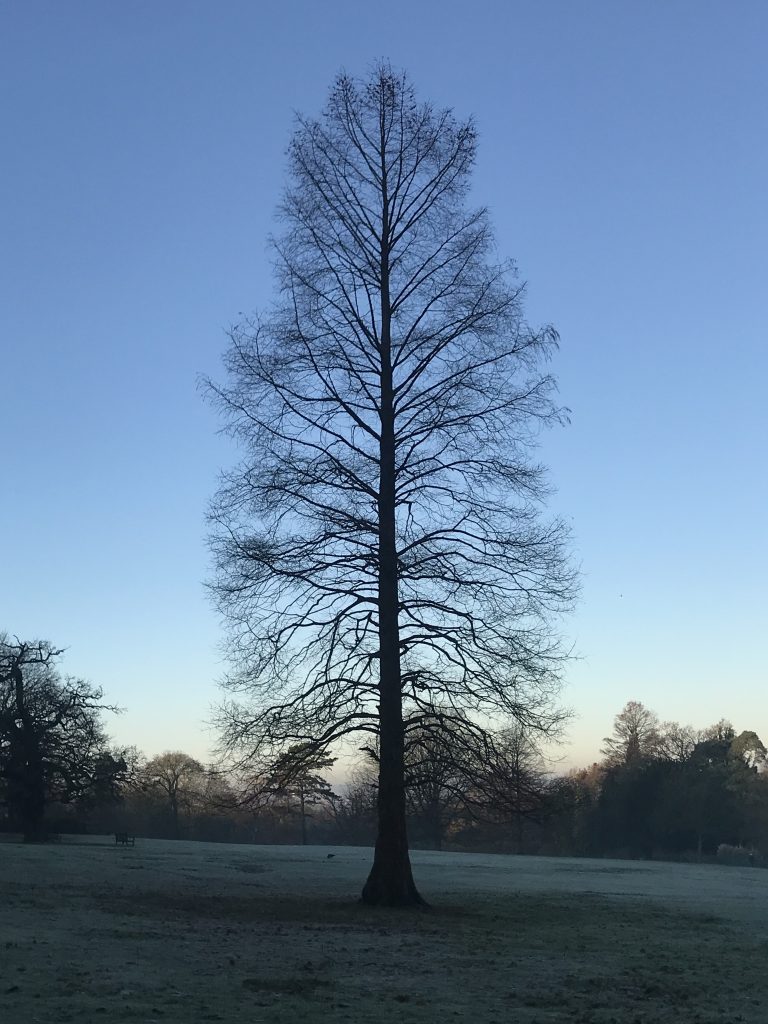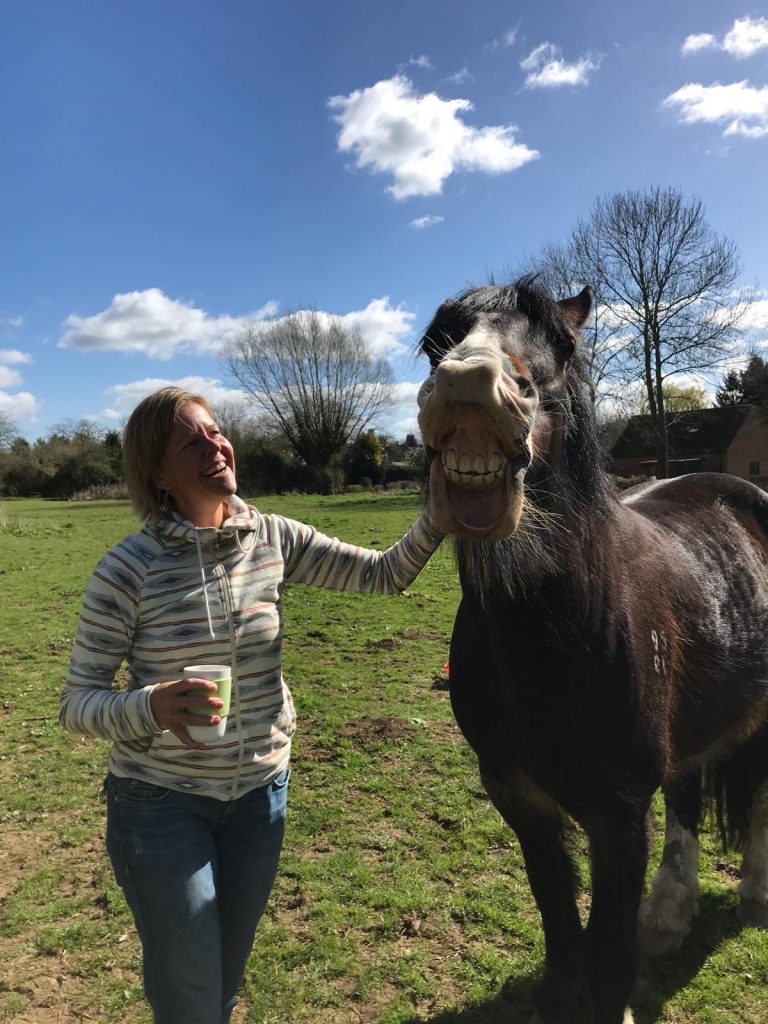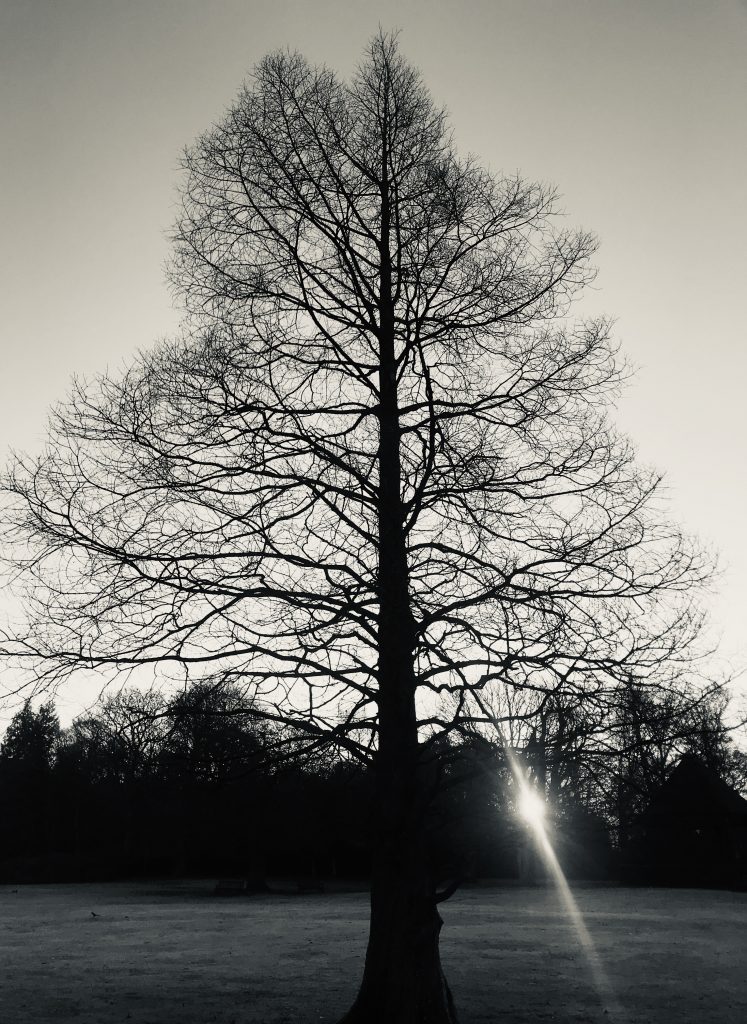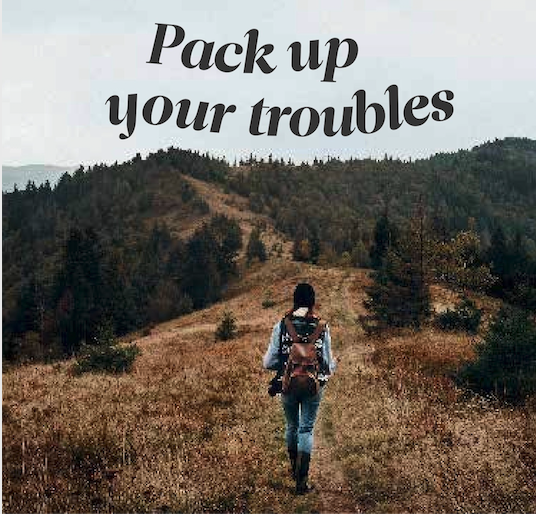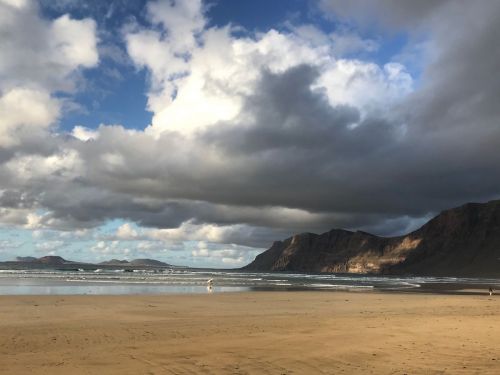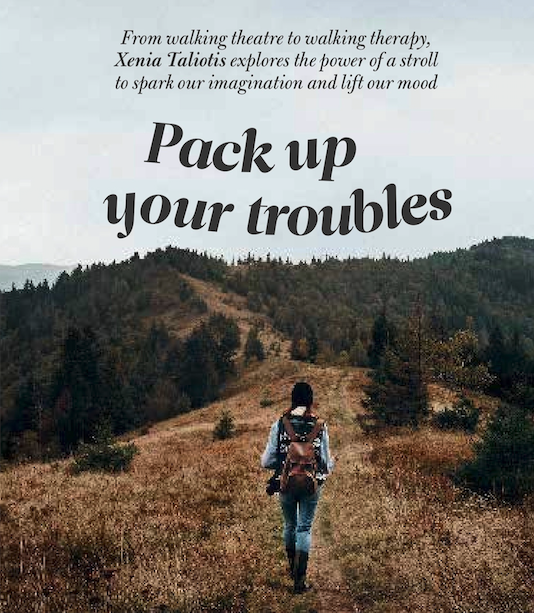by Lara Just, January 2023.
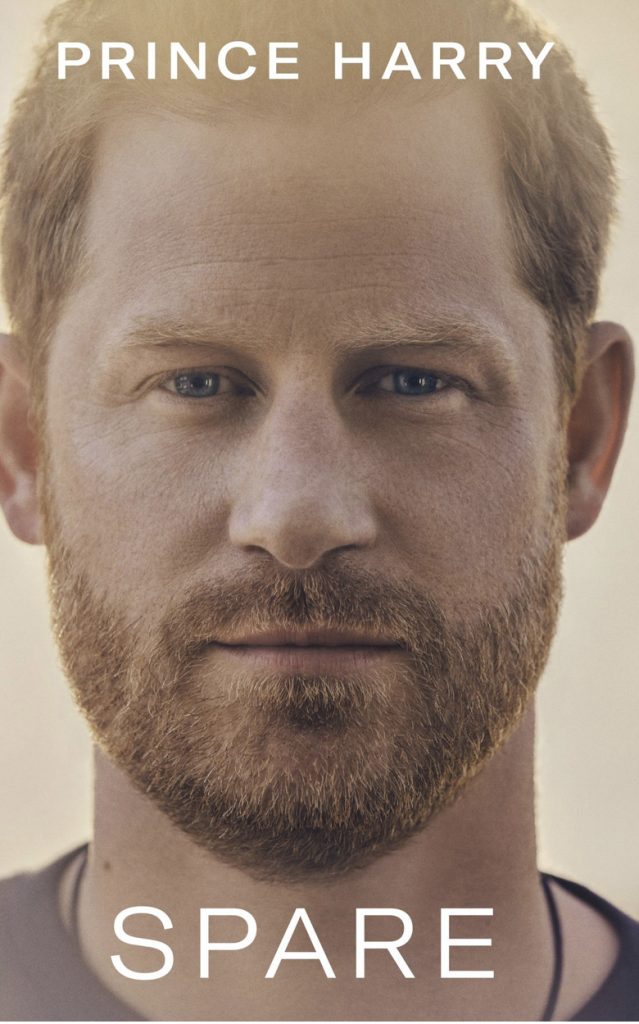
A few weeks ago, the new book “Spare” from Prince Harry, the Duke of Sussex was published amidst high anticipation by the public and expected media frenzy. It is worth a read (or listen) – if you are a royalist or not. It is not just Harry’s side of the story, it is a heartfelt human story. A story of what we all face in some ways in our own lives: full of universally recognised family dynamics, intrigues, classic archetypes, secrets, loss as well as mental health struggles. However, it is also a love story and a story of hope, with much joy, gratitude and beauty peppered along the way amongst some of the very sad and less beautiful parts. But the biggest key point of the book could get easily lost amongst it all: aiming to raise awareness how we are all taking what we read in the press for facts. And even if you don’t, the amount of press coverage on a certain topic in a certain way can steer us unconsciously to certain beliefs and perspectives that may no longer have any connection to facts.
Ironically, this actual mission of the book has been met already in the first few days before the book even hit the shelves.
If you followed it or not, the media frenzy was absolutely astounding with the amount of rubbish and entirely false slashing of snippets of the book taken out and taken so skilfully out of context. If we even ‘spare’ to notice that is, we have just been witness how the media press wields its sword and has the power to rule the minds (and hearts) of the people. If you believe the things, you read or not, unconsciously it may have already swayed some of us, perhaps to decide against reading the book and not give the actual person concerned a chance to be heard.
Isn’t this how we may have all felt at some point in our lives if not regularly?
To have the feeling we haven’t been heard or seen?
This is especially wounding when this happens by the people closest to us. It feels unfair, and we can feel so powerless. When any kind of of attempt to connect or communicate just gets no results or when a person or whole group or community is not willing to budge from the status quo. This chipping away at us and over time, we can lose hope. Mental health issues and symptoms can develop.
We also know now that in the case of adverse childhood events this can lead to and even higher risk of developing mental health challenges. Particularly after stressful events or for example post military work in veterans.
Harry talks openly about therapy and how it helped him overcome his PTSD after his military career. However, he also insinuates that he carried anxiety, panic attacks, agoraphobia, and angry outburst for most of his life since his teens. It wasn’t until his first challenges in his new relationship with Meghan Markle came up, that he agreed to seek therapy for deeper work.
Our troubles and traumas or ‘baggage’ can really be a challenge in romantic relationships if each member is not willing to be responsible enough to seek help on this to help the relationship.
Though some therapists felt outrage at some of the details he disclosed
in his book about therapy. What was critiqued were various potential boundary crossings; one editor even complained he may have put the whole therapy into a bad light.
But it highlights yet again another point of this book. How everything is about context. We can never know the full story only by taking snippets of it or even when we only hear bits of a story from the person him or herself.
Critically, we are all human, subjective, feeling-oriented, conscious beings. Each person’s truth or reality but be felt and experienced differently to another. Here is where it gets complicated for most of us when we adhere to only one perspective.
Harry’s story is quite self-reflective. I don’t resonate with the media opinions about it being one big whinge fest or a ‘poor me’ account. Perhaps that opinion is more reflective of the people expressing it seeing that in our culture at large, esp. in Britain, it is sadly still seen as embarrassing and shameful to talk in public about feelings, family issues and mental health challenges.
In the audio book version, which he narrates himself, I really enjoyed the way he describes his experiences. I was deeply touched in many places – laughed, cried, was angry, surprised, confused – all the emotions. Yes, it has been written by a very able and successful ghost writer, however, it is still his story in his words. Listening to his own words conveys even more of the feeling of it underneath, which does come across.
I wonder often, that if we would give people a chance to hear their side of the story, with neutral and ‘unconditional curiosity’, would we be able to ‘feel’ more into our opinion? And feel less of a need to go with what seems a majority opinion surrounding us?
In the end, the book sold 3.2 million copies in the first week of launching, worldwide. While I am writing this, now only twenty days after publication on Amazon alone reviews have reached nearly 27,000 ratings. That is huge! Our fascination with the topic, no matter where you sit on the fence, seems clear.
The book does give us a view behind the curtain of a life that some condemn for its fullness of riches. Yet it is so clearly a life ‘bred in captivity’, in a “gilded cage”. You could argue that we all are to some extent considering how we have structured our current societies and cultural norms. But here it shows that of course money and riches are not equal to ‘freedom’ (or love). Even more squashing rules and painful consequences come with their enjoyment.
We may all be born into our respective dysfunctional families, feeling we have no choice to change it.
Mostly it is true, as we cannot turn back the clock or change the past, but we can make changes going forward. Though it may seem impossible at times.
It is through his story and lived experience that Harry shares his difficult decision to try and change not only his assigned role, in family and societal perception at large, but also in raising awareness about their interconnectedness with the public media and press.
To be fair however, it may seem impossible now that any reconciliation between him and his family because of this book could be possible or smooth.
Though some people have called it ‘stupid’, it is quite a bold and brave move to speak out publicly like this especially considering the family’s standing and being in the public eye for so long.
What is of course fascinating as part of the story and in this whole unfolding drama is that we can all resonate personally so much with the family dynamics and the family story in so many ways (no matter what backgrounds we come from).
All the family archetypes – all the roles we play in our families and the roles we feel trapped in or are assigned to hold, are represented in this book. May it range from the ‘golden child’, ‘black sheep’, ‘baby brother’, ‘big brother’, ‘rival brother’, ’longed for sister’, ‘wicked stepmother’, ‘loving mother’, ‘absent father’, ‘the newcomer’, ‘the wicked daughter-in-law’, or so many other classics. These archetypes all represent our collective experience of family. We may recognise all these roles here in the book represented in some form or other. And this can really connect us to the family story in general, through our own lived experiences.
Most of us will find it extremely hard to ever exit our assigned roles, or our family itself, however troubled and dysfunctional it is. It must be a hundred times harder for a member of a royal family who is controlled by and locked into ‘the Institution’ by blood.
Harry has attempted the unthinkable and unspeakable, and in front of everyone to see. Good for him – and also how embarrassing… for ‘the Institution’.
This may be the true core ‘danger’ of the book – for the media and press as well as the ‘Institution’ and the monarchy. It is clear with this book they were not successful at silencing him enough.
The day before the launch, Prince Harry aptly comments in the ITV interview with Tom Bradby that “silence only allows the abuser to continue to abuse”. He also said, “peace can only happen where there is truth”.
This is an apt explanation of the purpose of this book, and it comes across in every chapter.
It is bigger than just the story about Prince Harry because the book raises many other questions (highlighted with the mentioned vicious media and press reaction):
How can we possibly discern right from wrong?
And what role and power does the media play out and have on us?
One thing is for sure, you don’t want to be on the bad side of them.
Prince Harry is standing up, speaking out and speaking his truth, which most of us are not courageous and brave enough to do at this level.
If you check each his words in the book account and the early media messages, it is like witnessing a modern crucifixion. We are watching it and it raises even more questions like:
Would I speak out like this?
How does the power shift to controlled media?
What means freedom of speech – and freedom in general?
Furthermore, the book could raise further thoughts on deeper issues about privacy and human rights, but also unwittingly, but to no surprise, may question the entire existence of the monarchy. Of the validity and usefulness of an antiquated, backwards “Institution” behind the Monarchy itself – far too powerful for its own family members.
Is it really still necessary to exist in this day and age? Many current members would of course not want to see it dismantled and as a result lose their existence. The war on Harry and any dissidents must happen by default (as we are witness to), to ensure its own survival. And since there is the existing long standing enmeshed relationship between the media and the Institution (“in bed with the Devil”- Harry’s comment from the ITV interview, but not so directly in the book), both depend on each other for their survival. The book describes how; some of it in the subtext and in between the lines, but it also becomes clear in the story.
If “It” (the Institution) wants to survive, it also raises the question if it could not show us a better example, and be more of a role model to all of us? It doesn’t have to be this way – one or the other can only exist. Especially in matters of the heart, family, unity, truthfulness, rather than the outdated stuffy rules, and power-driven dynamics based on fear and control, to not losing face or pride. (But this will probably never happen.)
In this book, the evoking of the deeper questions is done skilfully through the story of the heart, Prince Harry’s own story of his experiences and in his own words. As such through metaphor it is a powerful tool to reach us deeper, to shake us up, especially with laughter and humour along the way that makes the reading (or listening) gripping, enjoyable and deeply engaging.
It seems clear on more than the obvious level, that he is Diana’s son. As a mother, how proud she may feel – that he perhaps managed to ‘get out’. Though it is a hard road. It feels as though he is continuing the work that his mother had started. She still lives in so many peoples’ hearts across the globe and was able to touch so many – and even so many decades after. And with Prince Harry in his own right as Harry, what he is daring to do here is shining his own light, not being ashamed to have a voice and speaking and owning his truth – and with that leading by example. Not to be silenced.
But good grief, it comes at a cost. Many of us might wonder if it is worth taking a risk like this. We can see here in the book and the aftereffects, what a mammoth and difficult task it is and it comes with so much pain and consequences going forward and his hope for reconciliation questionable.
While the book and its story are peppered with tender mischievous humour it helps the reader feel more uplifted and perhaps it is at least able to create space for new hope and for change.
Let’s hope that this is the case for at least its mission to raise more awareness around the workings of press and media behaviours and around mental health.
